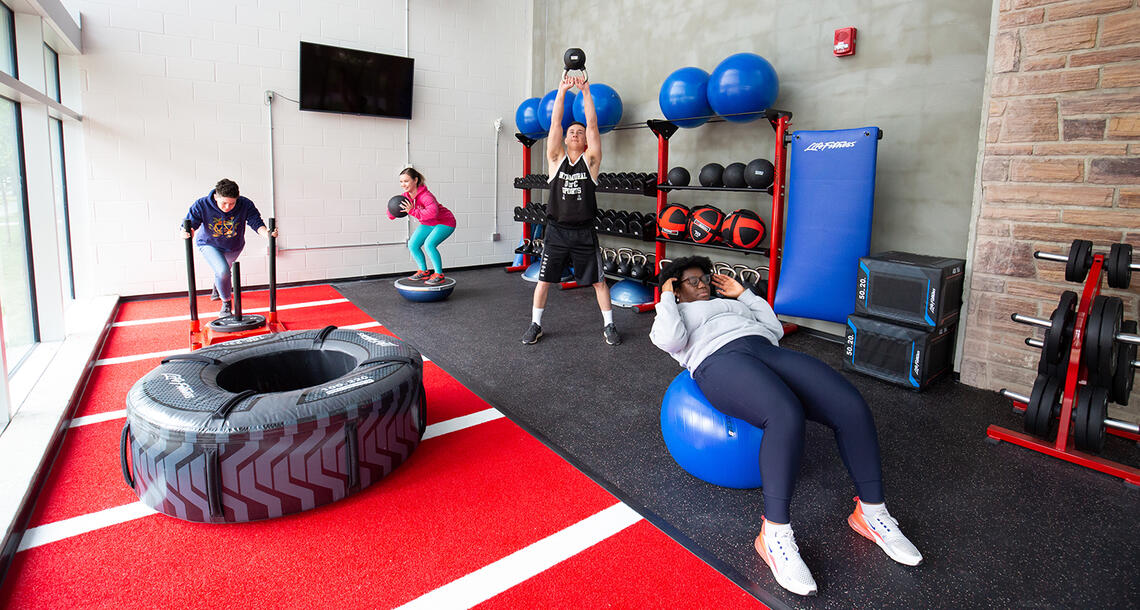
It is well known that the microbiomes of athletes are different from of those who are sedentary. To investigate how exercise shapes the gut microbiota in non-athletes, the study assessed information on the type, time and intensity of exercise in relation to microbiomes in a large cohort of middle-aged adults.
Exercise has many benefits – strengthening muscles and bones, preventing disease and extending lifespan. It is also known to change the composition and activity of the trillions of microbes in our guts known as the microbiome.
It is well known that the microbiomes of athletes are different from those who are sedentary. This is not overly surprising according to the author and PhD student Shrushti Shah...
Read More








Recent Comments